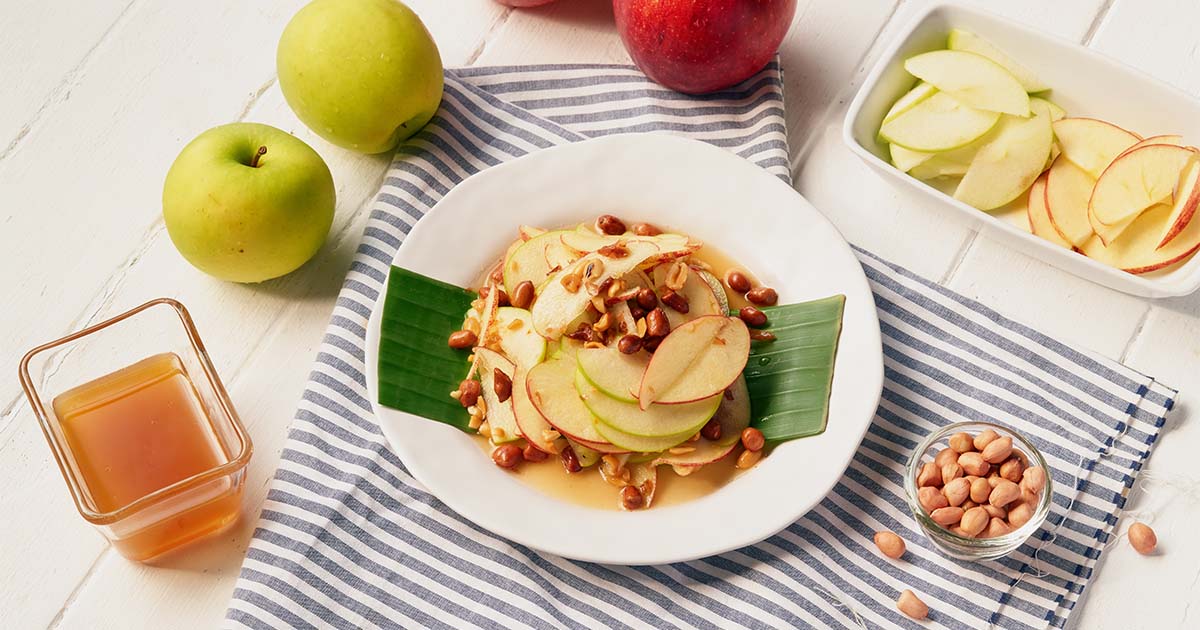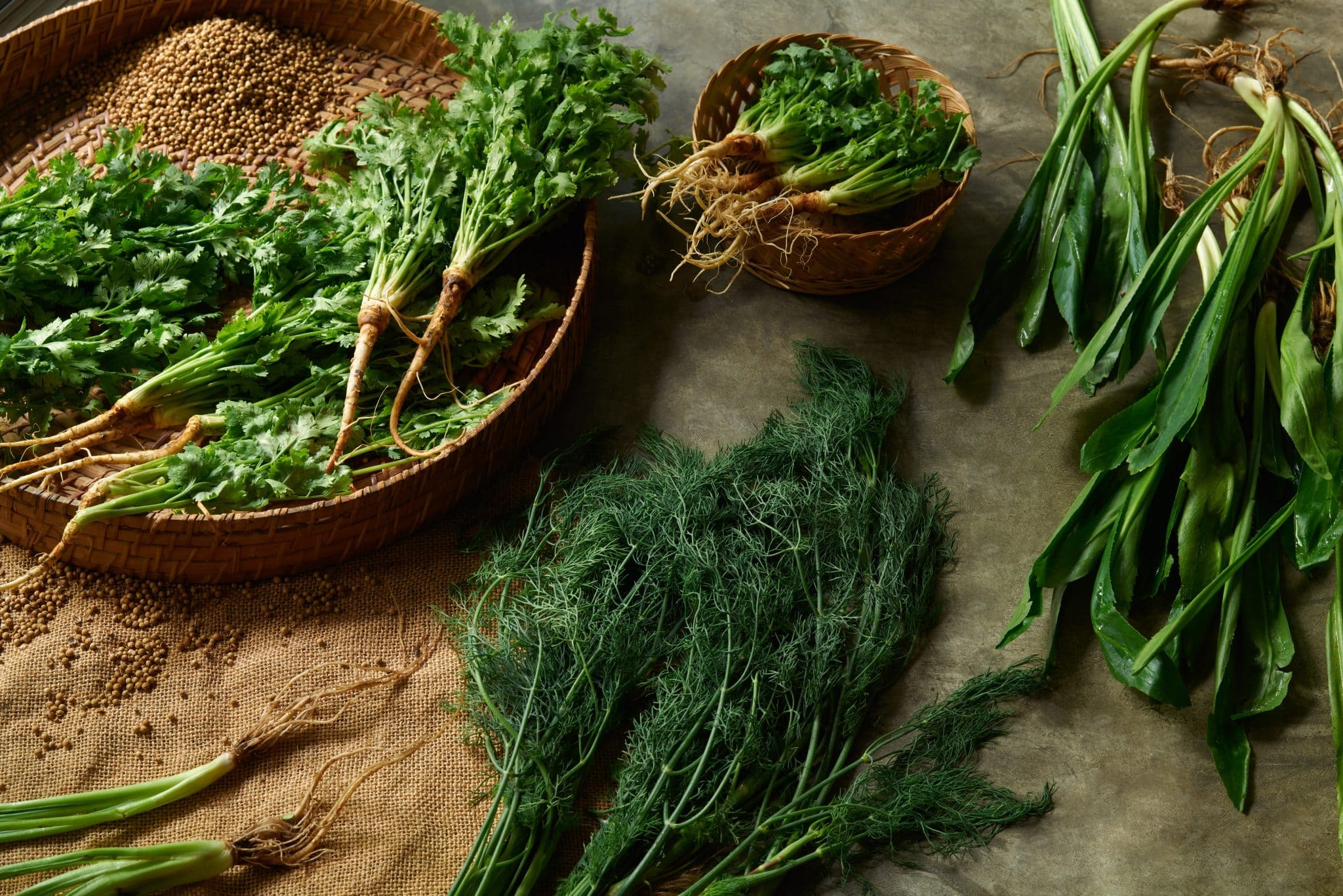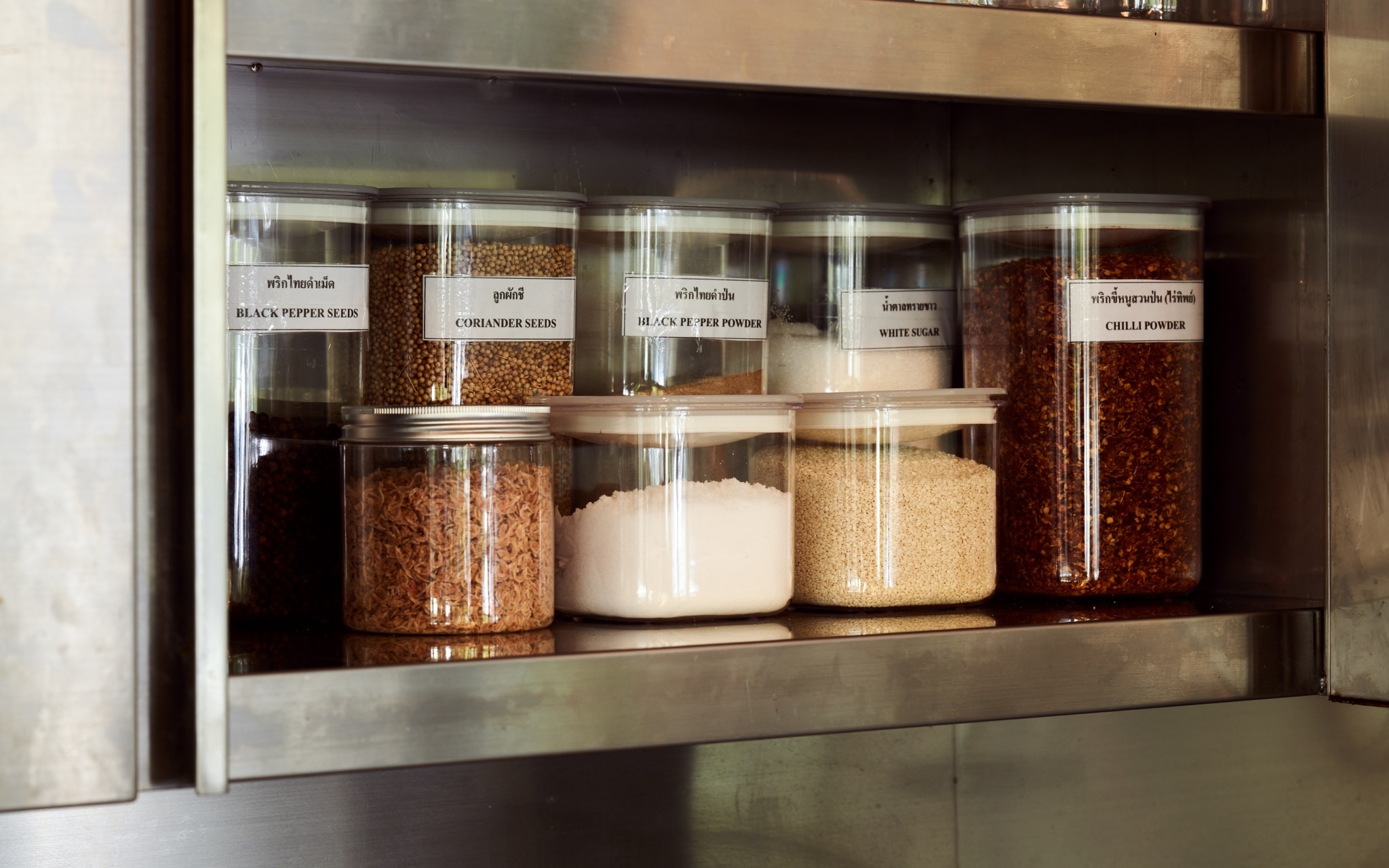You’ve probably heard from many people over the years that eating a vegetarian diet is better for your health, and you’ve probably read a few magazine articles or a few YouTube videos featuring celebrities who stopped eating meat and animal products and “magically” lost weight and are enjoying a healthier lifestyle. So does keeping a vegetarian diet mean weight loss? Will it really help you live longer and be healthier?
Vegetarian Diets Can Be Unhealthy if You’re Not Careful
Vegetarian diets continue to increase in popularity. Reasons for following a vegetarian diet are varied but include health benefits, such as reducing your risk of heart disease, diabetes and some cancers. So yes, eating vegetarian can be one of the healthiest ways to eat, since plant foods are loaded with nutrients to protect your health.
But if your vegetarian friend is eating greasy veggie burgers and fries every day for lunch, he or she isn’t likely to be healthier than you, who, let’s say, loves to eat grilled salmon for lunch.
Furthermore, some vegetarians rely too heavily on processed foods, which can be high in calories, sugar, fat and sodium. They also may not be eating enough fruits, vegetables, whole grains and calcium-rich foods, and are missing out on the key nutrients they should receive.
However, with a little planning, a vegetarian diet can be extremely healthy for all people, including children, teenagers, and the elderly. The key, however, is to be aware of your nutritional needs so you can follow the right diet.
Getting Started
One way to transition to a vegetarian diet is to gradually reduce the meat in your diet while increasing fruits and vegetables. To get started, here are a couple of tips:
- Increase the number of meatless meals you already enjoy, such as stir-fried vegetables. Find ways to include greens, such as cabbage, morning glory, holy basil and eggplants in your daily meals.
- Adjust your favorite recipes and try them without meat. For example, try making a healthy vegetarian burger, or substitute your beef Pad Krapao with tofu. You may be surprised to find that many dishes require only simple substitutions with so many choices of veggies.
- Browse the internet for more vegetarian menus. Buy or borrow vegetarian cookbooks from your vegetarian friends. Check out more ethnic restaurants to sample new vegetarian cuisines. The more variety you bring to your vegetarian diet, the more likely you’ll be to meet all your nutritional needs.
Types of Vegetarian Diets
When people think about a vegetarian diet, they typically think about a diet that doesn’t include meat, poultry or fish. But vegetarian diets vary in what foods they include and exclude:
- Lacto-vegetarian diets exclude meat, fish, poultry and eggs, but eats as dairy products, such as milk, cheese, yogurt and butter.
- Ovo-vegetarian diets exclude meat, poultry, seafood and dairy products, but allow eggs.
- Lacto-ovo vegetarian diets exclude meat, fish and poultry, but allow dairy products and eggs.
- Pescatarian diets exclude meat and poultry, dairy, and eggs, but allow fish.
- Vegan diets exclude meat, poultry, fish, eggs and dairy products — and foods that contain these products.
Some people follow a semi vegetarian diet — also called a flexitarian diet — which is a plant-based diet but includes meat, dairy, eggs, poultry and fish on occasion or in small quantities.
Keep in mind that the more restrictive your diet is, the more challenging it can be to get all the nutrients you need. A vegan diet, for example, excludes natural food sources of vitamin B-12, as well as milk products, which are good sources of calcium.
To be sure that your vegetarian diet includes everything your body needs, pay special attention to the following nutrients:
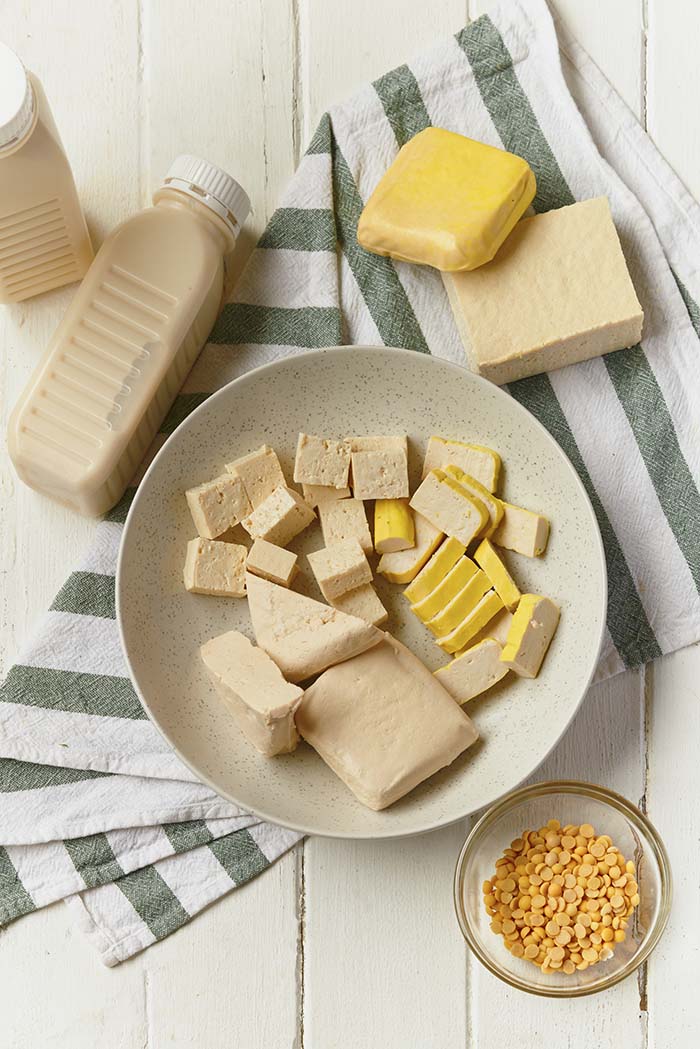
Calcium and Vitamin D
Calcium helps build and maintain strong teeth and bones. Milk and dairy foods are highest in calcium. However, dark green vegetables, such as turnip and collard greens, kale, and broccoli, are good plant sources when eaten in sufficient quantities. More calcium-rich alternatives include juices, cereals, soy milk, soy yogurt and tofu.
Vitamin D also plays an important role in bone health. Vitamin D is added to cow’s milk, some brands of soy and rice milk, and some cereals. Be sure to check food labels. If you don’t eat enough fortified foods and have limited sun exposure, you may need a vitamin D supplement (which are derived from plants).
Vitamin B-12
Vitamin B-12 is essential to the production of red blood cells and the prevention of anemia. This vitamin is found almost exclusively in animal products, so it can be difficult to get enough B-12 on a vegan diet. Vitamin B-12 deficiency may go undetected in people who eat a vegan diet, since vegan diet is rich in a vitamin called folate, which may hide vitamin B-12 deficiency in vitamin severe problems occur. This is why it’s important for vegans to consider vitamin supplements, vitamin-enriched cereals and fortified soy products.
Protein
Protein helps maintain healthy skin, bones, muscles and organs. Eggs and dairy products are good sources, and you don’t need to eat large amounts to meet your protein needs. You can also get sufficient protein from plant-based foods if you eat a variety of them throughout the day. Plant sources include soy products, legumes, lentils, nuts, seeds, and whole grains.
Omega-3 Fatty Acids
Omega-3 fatty acids are important for your heart’s health. Diets that don’t include fish and eggs are generally low in omega-3 fatty acids. Canola oil, soy oil, walnuts, ground flaxseed and soybeans are good sources of essential fatty acids. However, the conversion of plant-based omega-3 to the types used by humans is inefficient, so you may want to consider supplements.
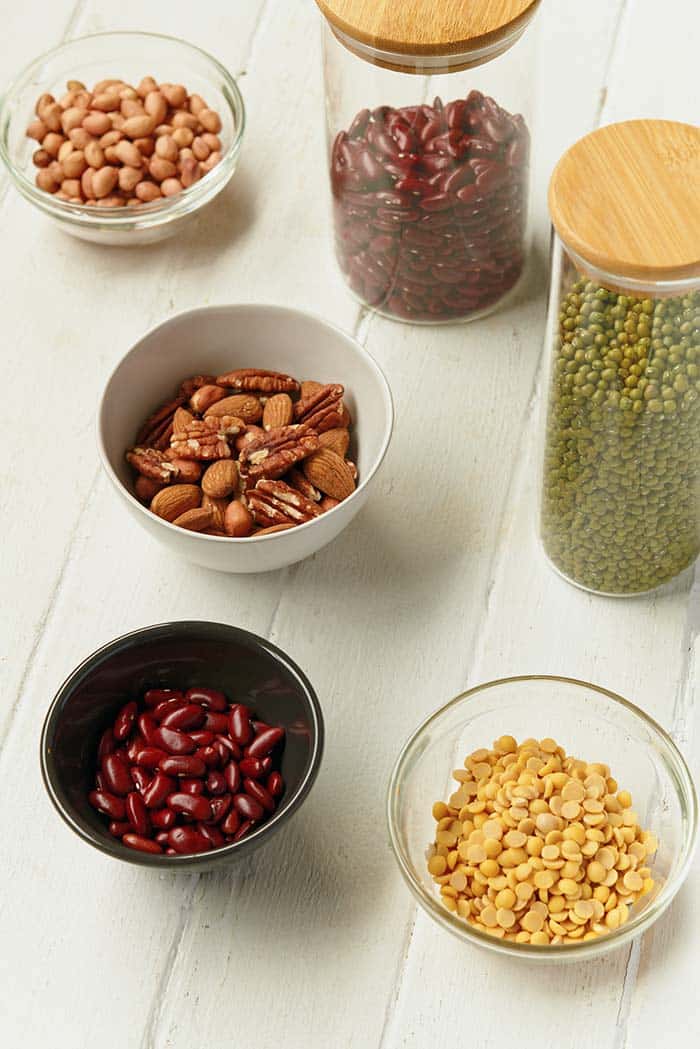
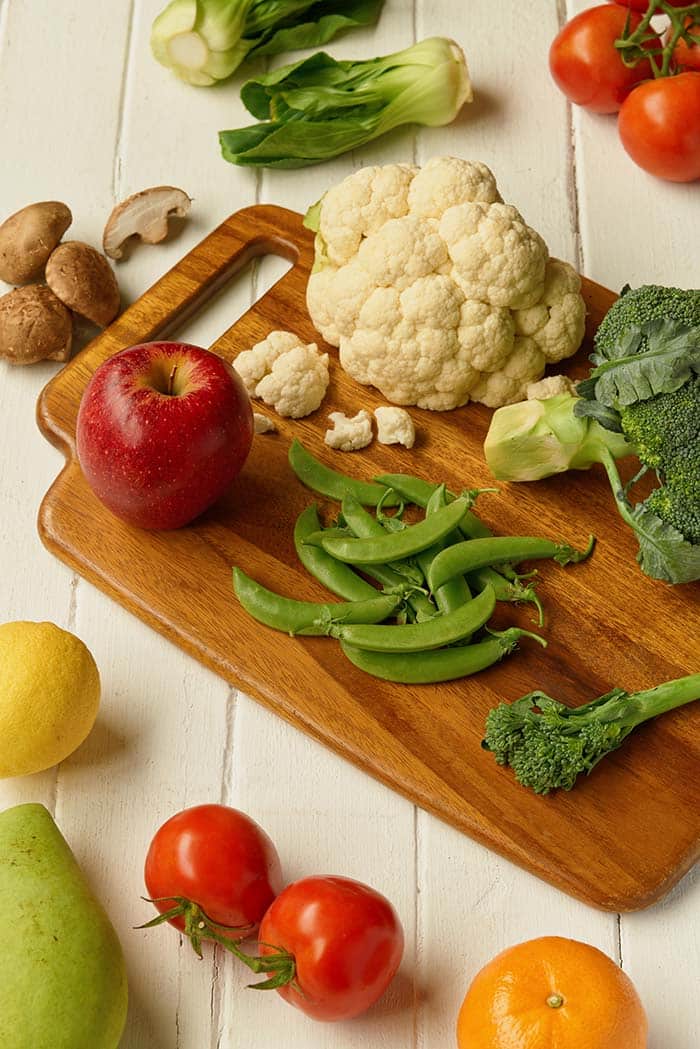
Iron and Zinc
Iron is a crucial component of red blood cells. Dried beans and peas,
lentils, enriched cereals, whole-grain products, dark leafy green vegetables, and dried fruit are excellent sources of iron. Since iron isn’t as easily absorbed from plant sources, the recommended intake of iron for vegetarians is almost double the amount recommended for nonvegetarians. To help your body absorb iron, eat foods that are rich in vitamin C, such as strawberries, citrus fruits, tomatoes, cabbage and broccoli.
Like iron, zinc is not as easily absorbed from plant sources compared to animal products. Cheese is a good option if you eat dairy products. Plant sources of zinc include whole grains, soy products, legumes, and nuts.
